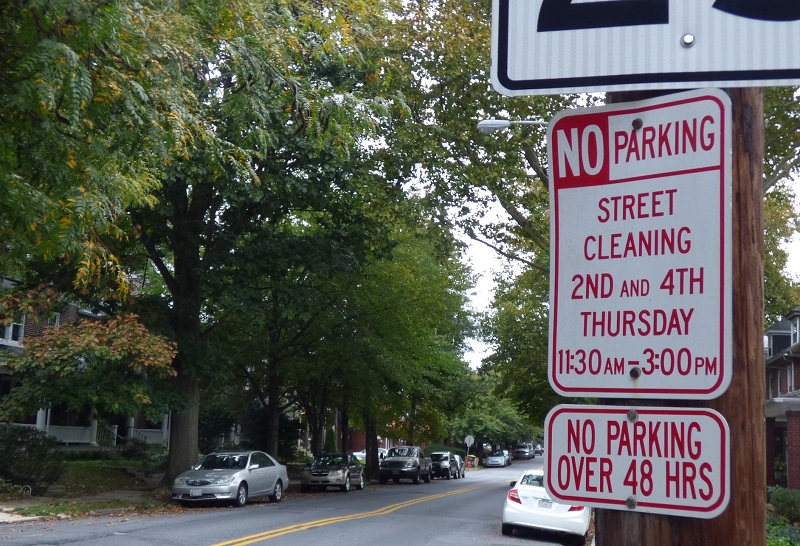
Lancaster City Council has signed off on changes to snow emergency and parking rules requested by the Department of Public Works.
The new rules, passed by unanimous council vote on Nov. 23, will make it easier for the department to plow the streets after snowfalls and to conduct maintenance projects during regularly scheduled no-parking periods, Director of Public Works Stephen Campbell said.
Starting this winter, all parking restrictions that are lifted during a snow emergency will be reinstated 48 hours after it is declared over. That way, city plows will be able to remove snow curb-to-curb by following the city's scheduled no-parking periods for street sweeping.
Initially, the department had proposed reinstating the restrictions immediately once the snow emergency ends. Residents, however, said that would not give them enough time to find places to move their cars when required. The 48-hour buffer is intended to address that issue, Campbell said.
Even so, there will be some inconvenience, he conceded, acknowledging that parking in Lancaster's neighborhoods is a "huge challenge." He pledged to continue to work with residents and neighborhood groups to find ways to ease the pressure on scarce curbside space.
Another new provision clarifies that on street sweeping days, vehicles can return to a block as soon as the sweeper is finished. If the department or a utility company needs the block to be vacated for the full no-parking period, signs saying so will be posted ahead of time.
"Every minute we can provide parking for people, we think, is a huge benefit," Campbell said.
City Council initially was to vote on the changes Oct. 26, but held off at Campbell's request. The extra time gave the department a chance to talk through the proposed changes with neighborhood residents, Campbell said, a dialogue that yielded the 48-hour buffer provision.





